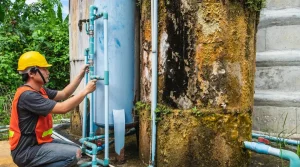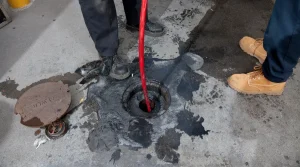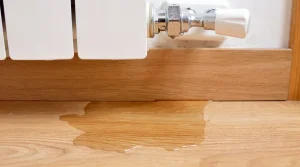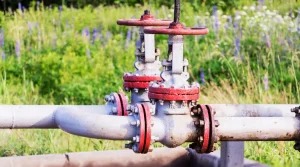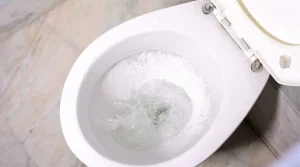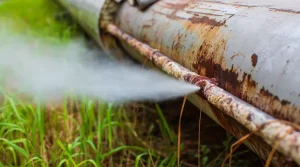Choosing the right pipes for plumbing starts with understanding how different materials affect performance, longevity, and cost. In 2025, innovations and sustainability trends are reshaping the plumbing industry, so whether you’re building, renovating, or upgrading, picking the correct piping material is crucial.
Why Pipe Choice Matters
The right pipes for plumbing ensure your system remains leak-free, efficient, and safe. With the wrong material, you risk premature corrosion, temperature failure, or costly replacements. Factors like water pressure, temperature, installation environment, and environmental impact all play a role in determining the best option.
Common Pipe Materials and Applications
In most residential and commercial projects, PVC remains popular for cold-water supply, drainage, and irrigation because it’s lightweight, easy to install, and resistant to corrosion. However, it can’t handle high temperatures. For hot water systems, CPVC or PEX are better choices: CPVC tolerates higher heat yet becomes brittle over time indoors, while PEX stays highly flexible, resists freezing and is cost-effective—though it degrades under UV.
Copper has long been considered a premium choice thanks to its durability, heat resistance, and antimicrobial properties. Though more expensive, copper and cast-iron pipes are among the longest-lasting options. Cast iron also offers excellent noise insulation, which makes it ideal for larger drainage systems—though its weight and cost make it less suitable for smaller installations.
Underground or outdoor uses often favor materials like galvanized steel, HDPE, or newer eco-friendly composites. Galvanized steel handles high pressure well but corrodes internally over time. HDPE is flexible, corrosion-resistant, and ideal for trenchless installs, while emerging eco-composite pipes offer a sustainable and durable alternative for green projects, though they tend to be less affordable and harder to find.
Trends for 2025
This year, the plumbing sector is seeing rising demand for materials that combine strength with environmental responsibility. Eco-composite pipes are gaining traction in sustainable construction, and PEX continues to dominate indoor residential use. For outdoor, HDPE remains a cost-effective favorite. When you’re choosing the right pipes for plumbing, it’s wise to consider not just durability and cost, but environmental impact and installation convenience.
Selecting the Right Option
To select the right pipes for plumbing, evaluate water temperature, pressure levels, and whether the piping is for supply, drainage, or gas. For cold water and drainage, PVC or ABS are usually sufficient. Hot water systems call for CPVC, PEX, or copper, depending on your budget and longevity needs. Outdoor and underground installations are well-served by galvanized steel, HDPE, or eco-composite depending on the application.
Expert Installation and Maintenance
Even the right pipes for plumbing can fail without proper installation and upkeep. Professional plumbers ensure compliance with code, reliable connections, and correct fittings. Regular inspections and swift repairs preserve system performance and extend pipe life.
Final Thoughts
Selecting the right pipes for plumbing is one of the most important decisions you can make when building, renovating, or repairing a plumbing system. The material you choose affects everything from long-term durability and maintenance to efficiency and safety. Each type—whether copper, PEX, PVC, or more modern eco-friendly composites—comes with specific strengths and limitations, so it’s crucial to match the material to the needs of your system.
Looking ahead to 2025 and beyond, we’re seeing a stronger shift toward materials that are both performance-driven and sustainable. Homeowners and contractors alike are beginning to prioritize not just initial installation costs, but also long-term maintenance, energy efficiency, and environmental impact. Materials like HDPE and eco-friendly composites are gaining traction for this reason. Meanwhile, copper and PEX continue to be popular for their proven track record and adaptability.
Need help with your plumbing? Contact North Bergen Plumbers today!


